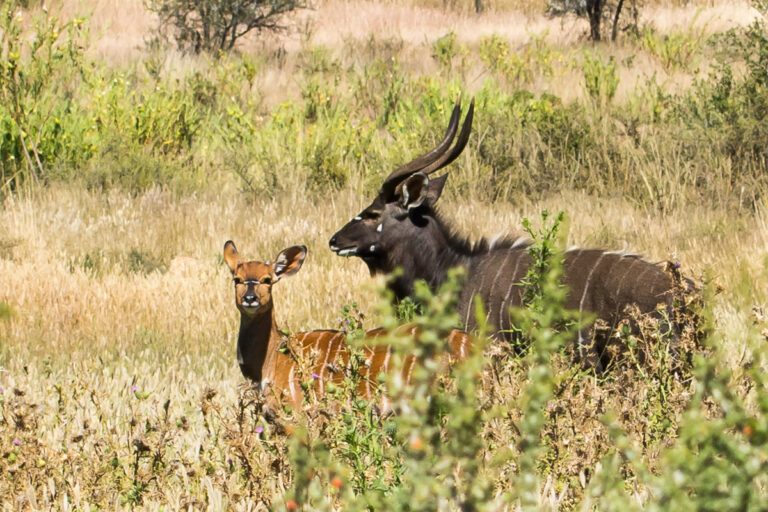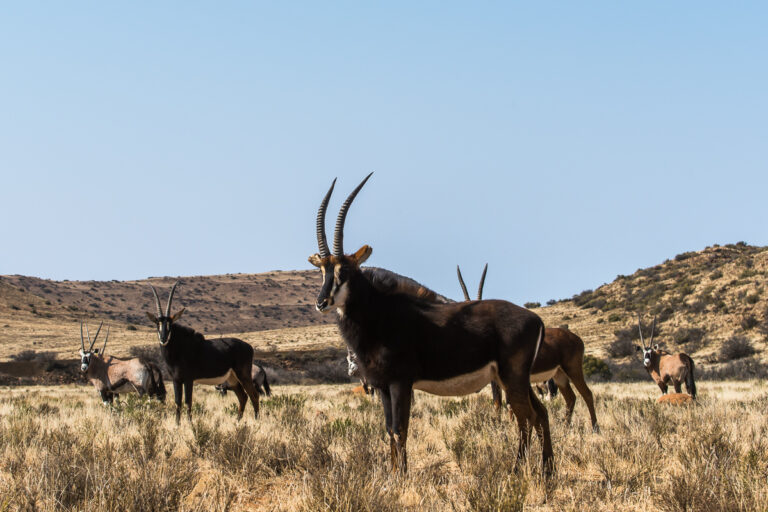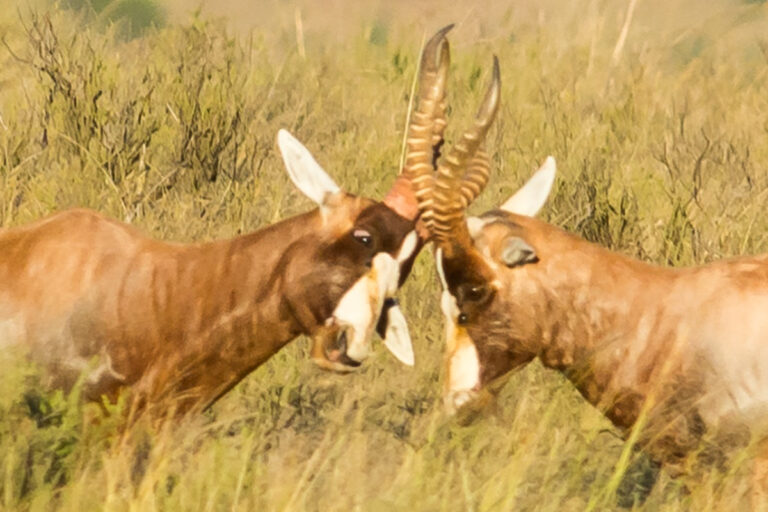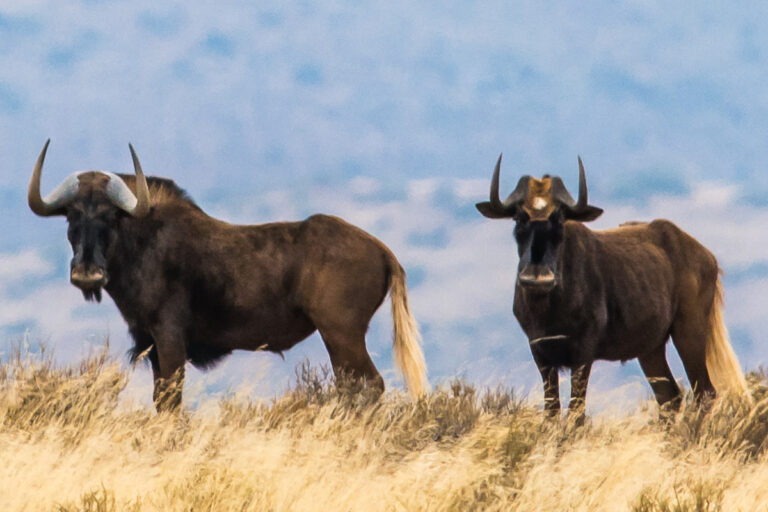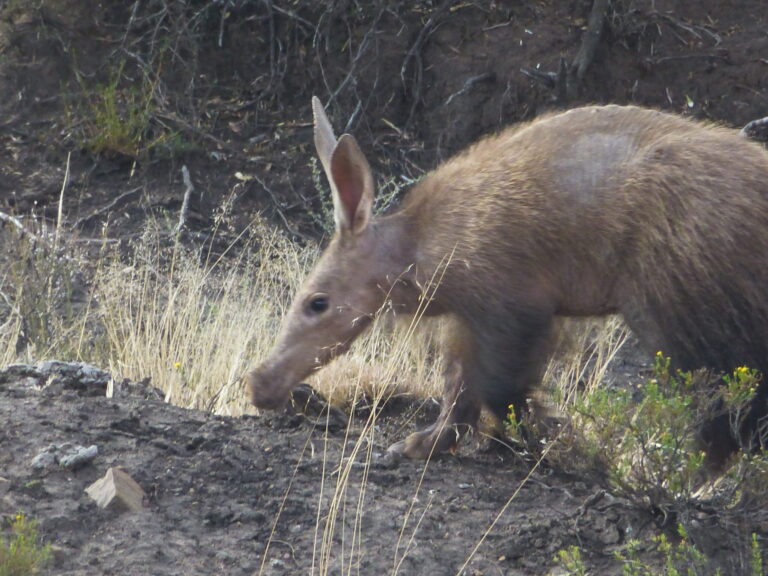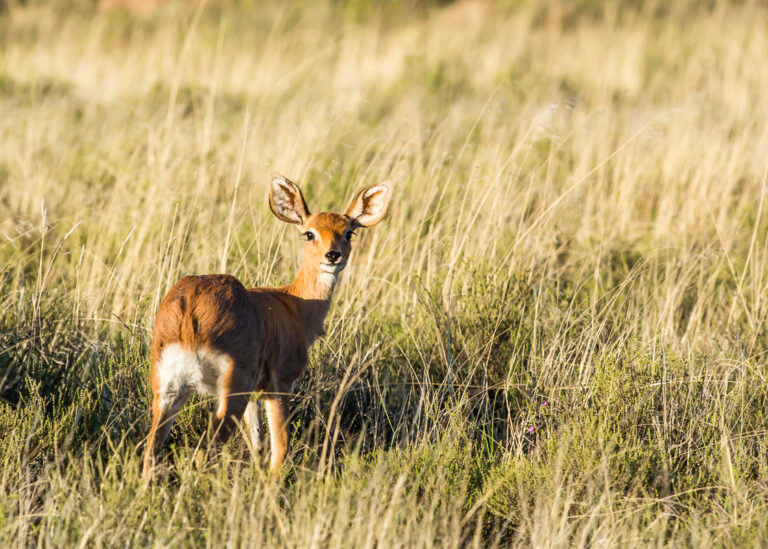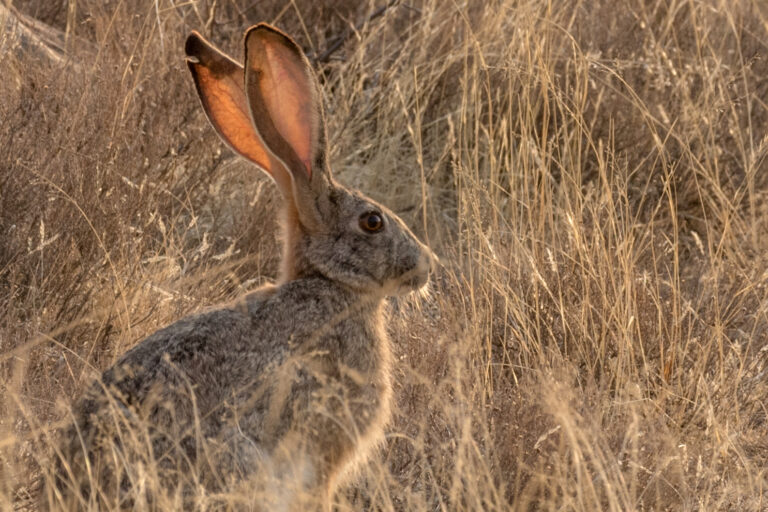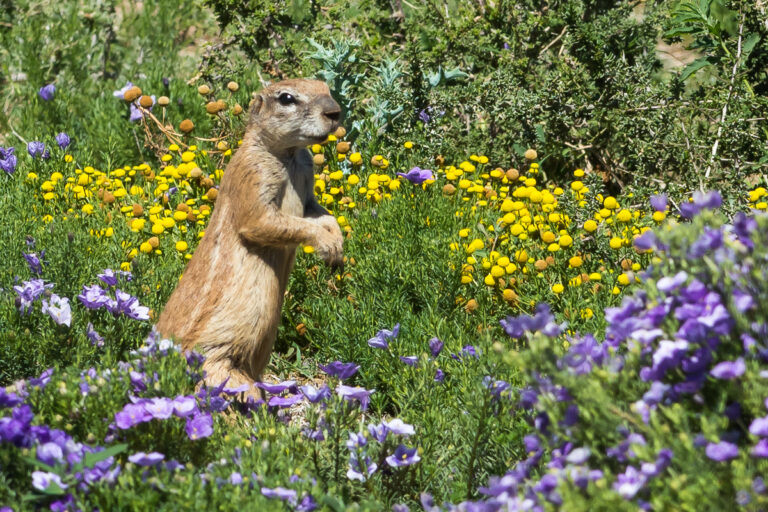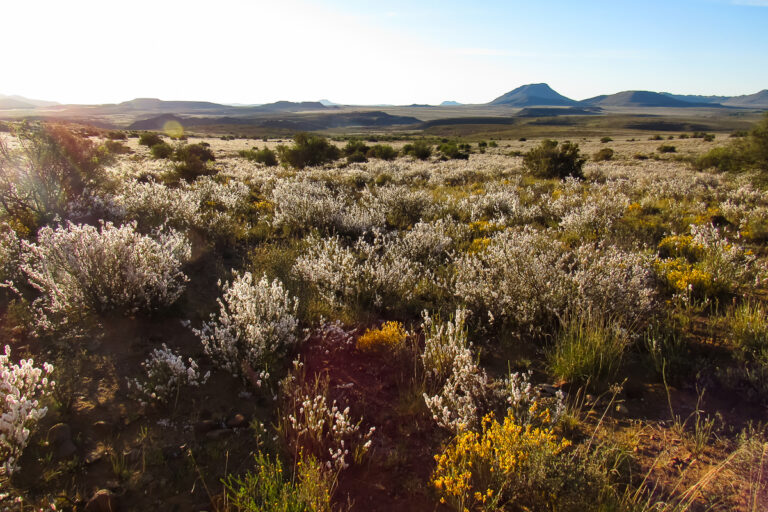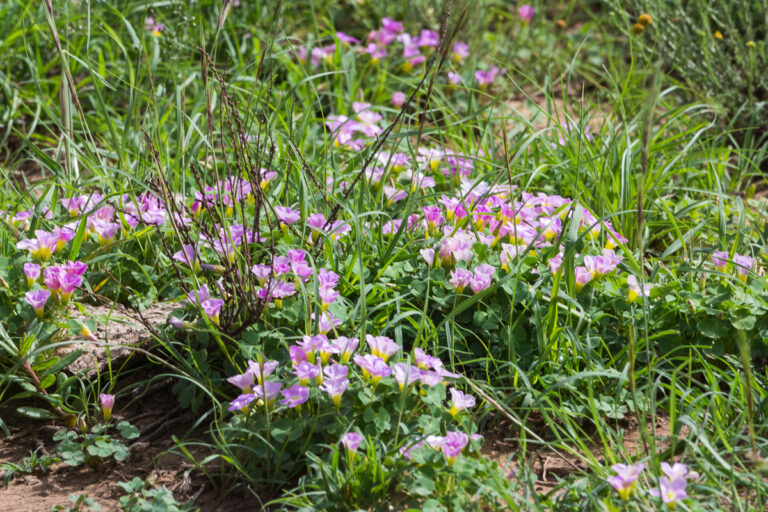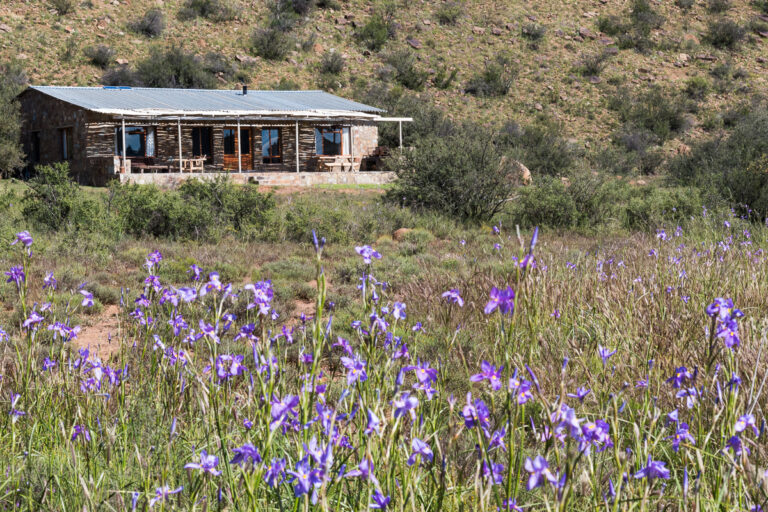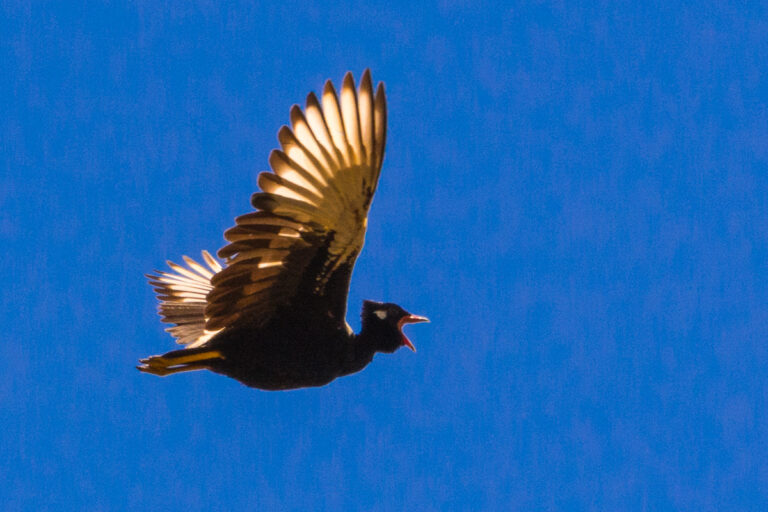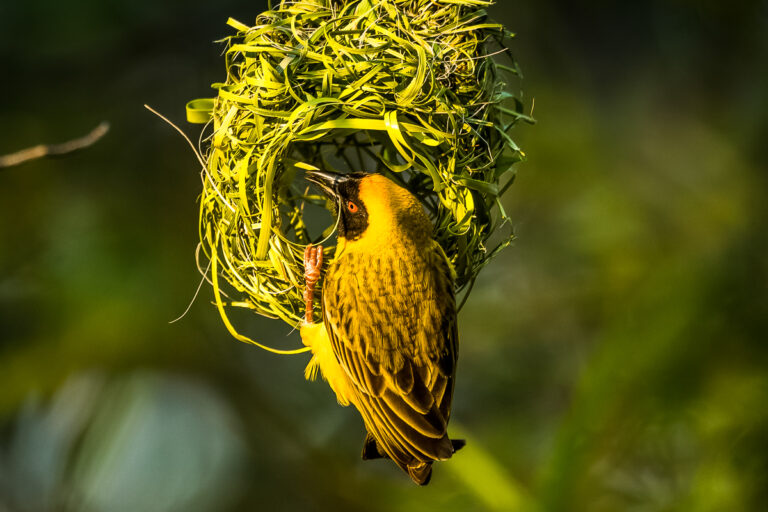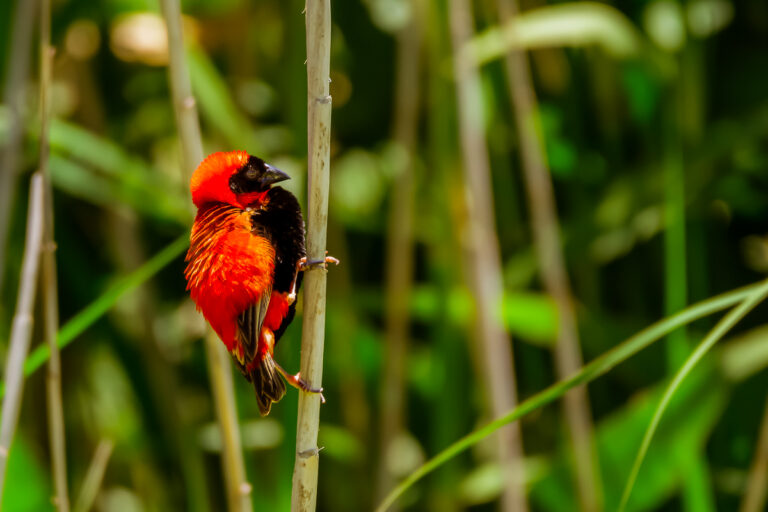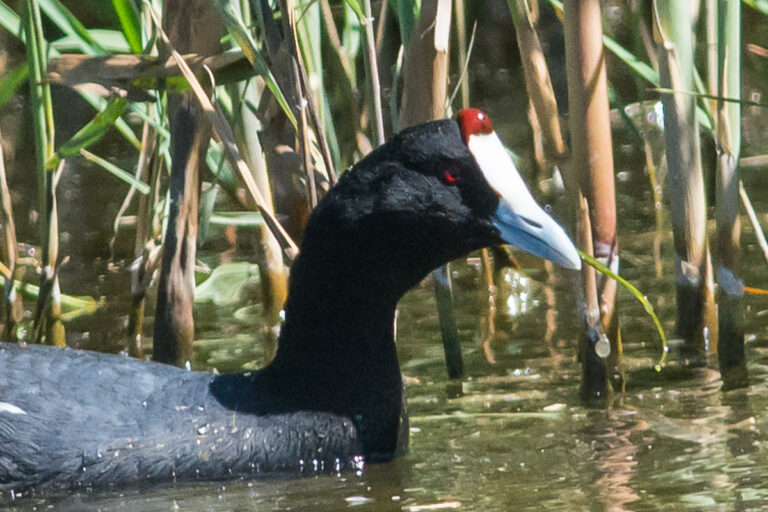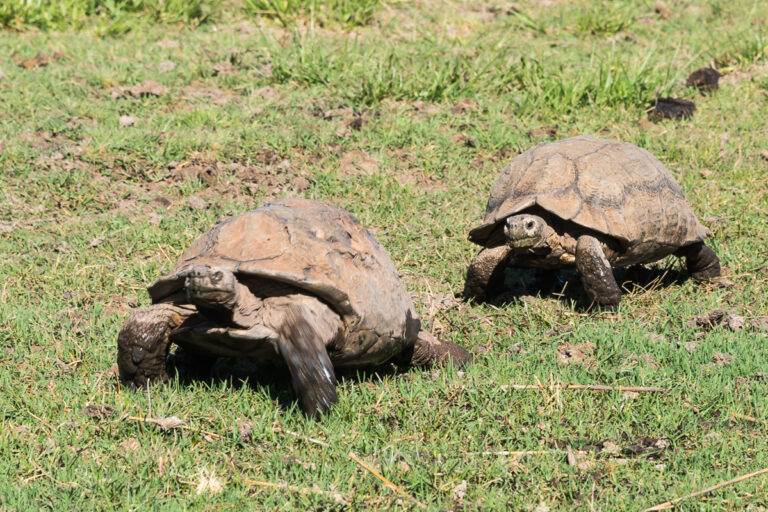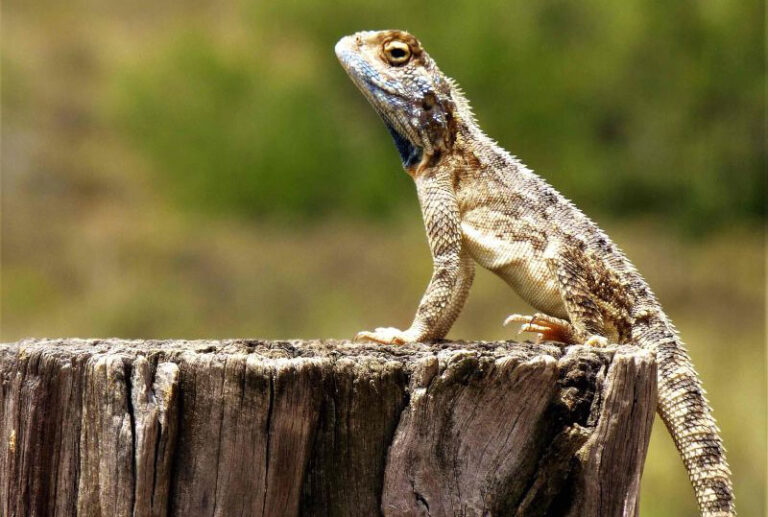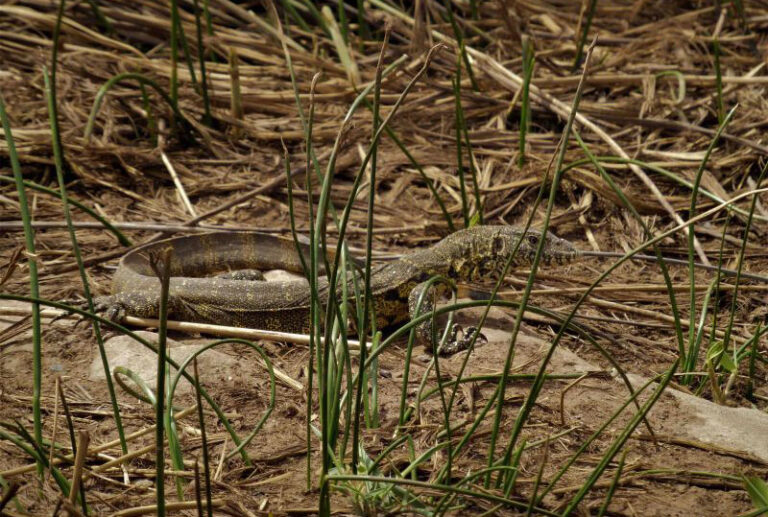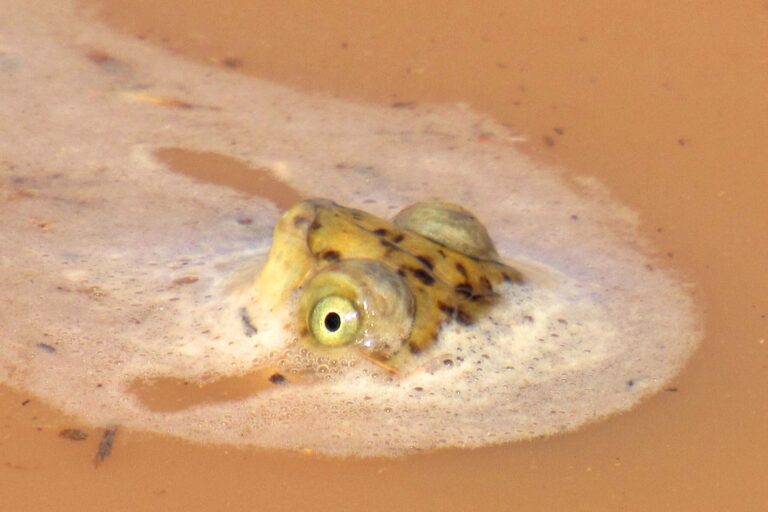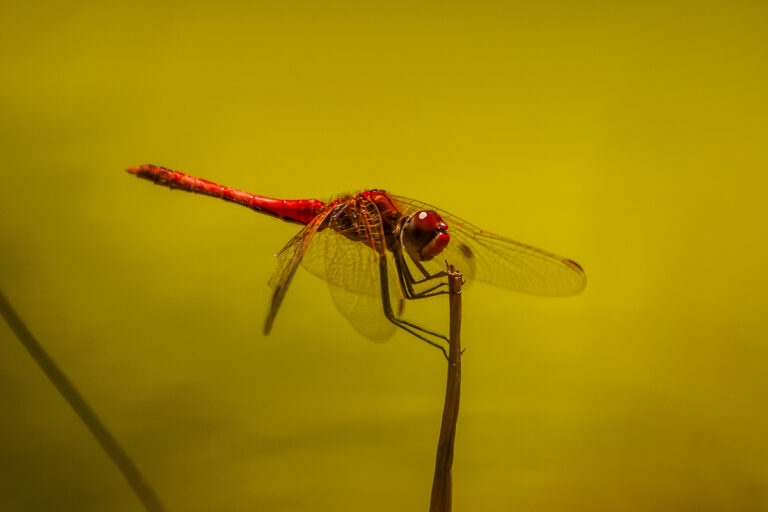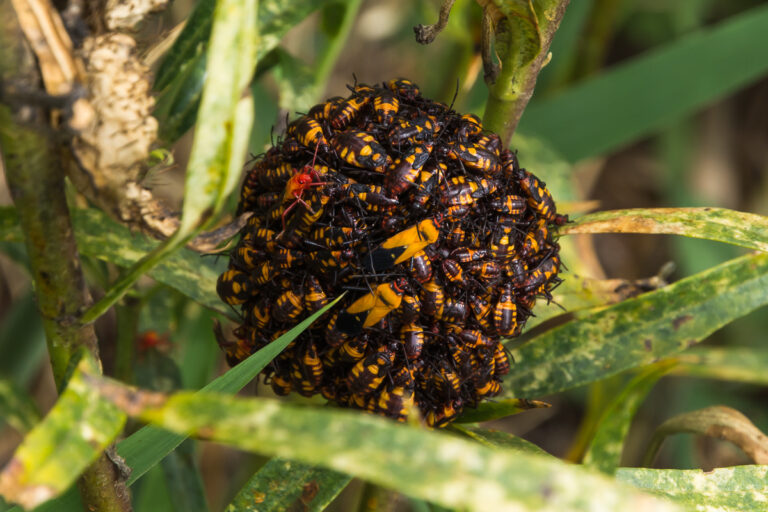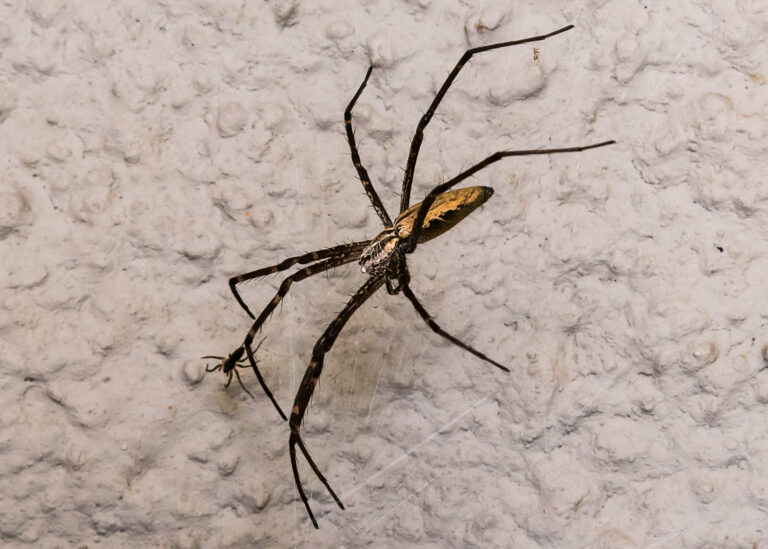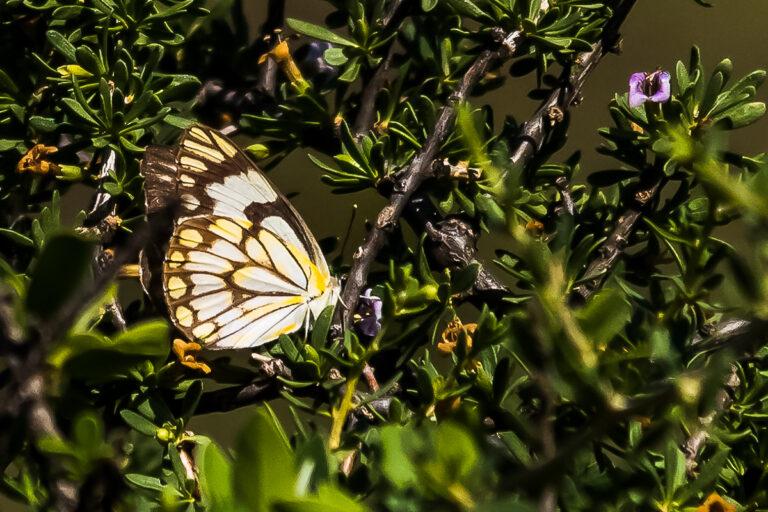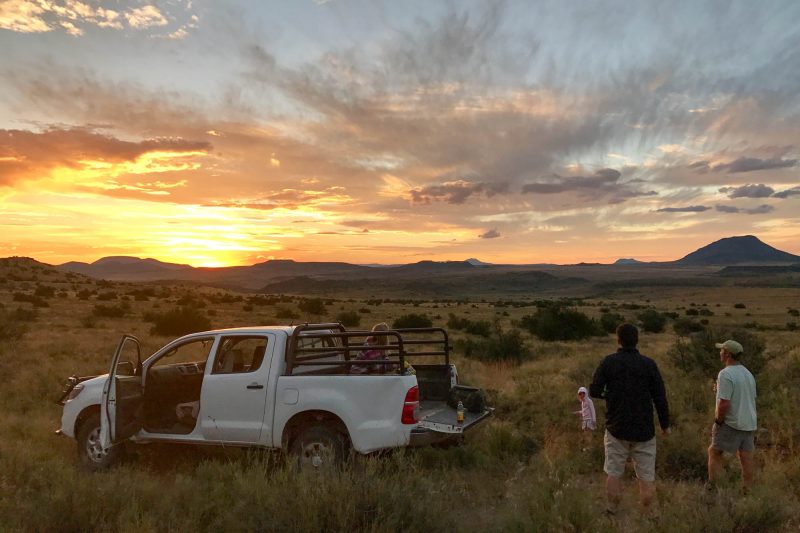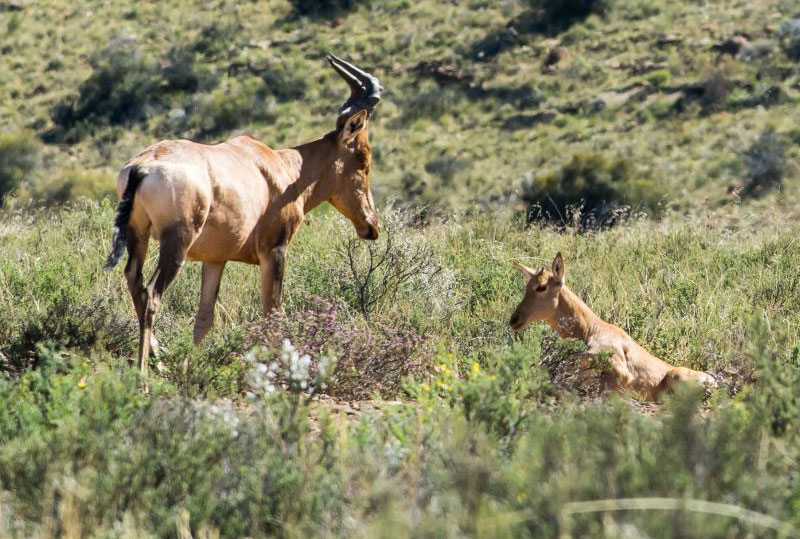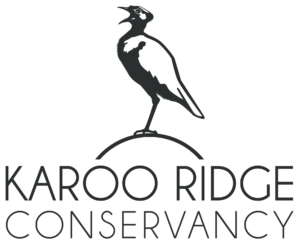As recently as 150 years ago, the Karoo teemed with vast herds of migratory game. Our vision is to create a healthy, sustainable ecosystem that will support large and small mammals once again, and promoting biodiversity is the most effective way to a healthy eco-system.
A wide selection of game species has been re-introduced to the conservancy each fulfilling their rolls in the eco-system. The game is free to roam and occupy the different niches available to them. The game numbers are managed by working on the carrying capacity of the 10 000-ha as well as maintaining a healthy genetic balance. This is done via natural predation (small percentage), game capture or walk-and-stalk selective and ethical hunting. As veld and soil are restored and generated, populations of small mammals also thrive.

